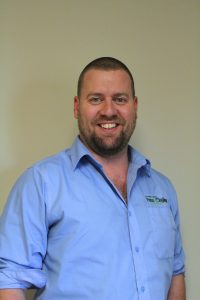Toban Dyck says communication needs to be ongoing
By Diego Flammini
News Reporter
Farms.com
Producers and consumers need to speak with one another as if they’re friends, according to Toban Dyck, director of communications for the Manitoba Pulse and Soybean Growers.
If friends don’t speak to one another on a regular basis, they may wonder how they fit in that relationship, he said, adding the dynamic between farmers and consumers is similar.

“If you don’t talk to a friend for a long time, you may wonder what’s going on with your friendship and negative feelings may rush in,” he told Farms.com today. “But once you start talking again, everything seems to work out. It’s an ongoing process.”
One of the hurdles farmers face, Dyck says, can be impatience.
Many agricultural topics are complex and require extended conversations, but consumers don’t seem to have the patience to hear a farmer’s explanation.
“People are after one-answer solutions, but there’s never going to be that golden ticket that tells people what they want to hear,” he said. Even with scientific evidence, people have the choice whether to believe it or not, he added.
The relationship between farmers and consumers is like a one-lane road with two cars trying to pass each other.
Farmers need to take what the public says into consideration but producers also need to be given the opportunity to explain themselves, Dyck said. Some farmers have even given up on trying to explain agriculture to consumers, he added.
“Farmers get tired and fatigued from having to defend themselves all the time,” he said. “At the end of the day, farmers have to ask themselves how much energy they want to put into these conversations.”